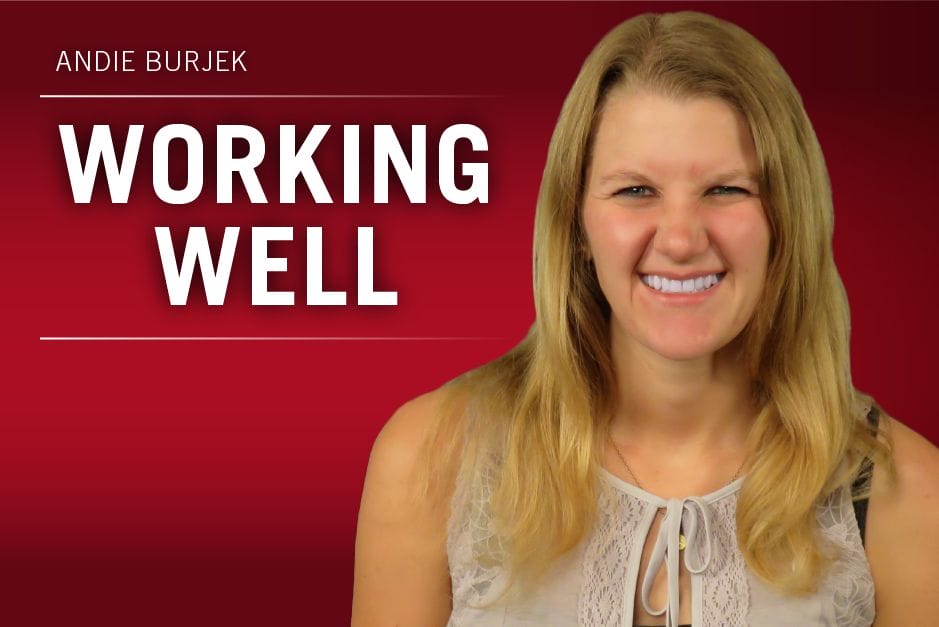There was a lot of upheaval on Twitter earlier this week for JPMorgan, which tweeted something many people found frustrating.
The bank has since deleted the tweet, but here’s the text that went along with it:
You: why is my balance so low
Bank account: make coffee at home
Bank account: eat food that’s already in the fridge
Bank account: you don’t need a cab, it’s only three blocks
You: I guess we’ll never know
Bank account: seriously?
#MondayMotivation
“JPMorgan’s tweet demonstrated a stunning tone-deafness about the economic realities facing ordinary Americans — including the big bank’s own minimum wage employees,” according to the LA Times. The article went on to quote a personal finance expert who says the genre of personal finance has long been discredited.
I’m reminded of an op-ed I read on Vice last year. The frustrated author wrote: “Sometime last year, I started frequently googling ‘why am I poor’ and ‘how do I stop being poor.’ Every result insisted the problem is I go out too much (I don’t go out, I’m too tired), I don’t have a savings account (I don’t have enough kick around cash to open a savings account), or I’m not planning my money right (I plan to pay my rent and then cry in a corner until my next paycheck, does that count?) … Financial advice is geared toward the financially stable who make bad financial choices, like investing in bitcoin this year or getting bangs after a breakup.”
I believe there is a lesson here for companies that already have or are considering financial wellness programs. Mostly, if you’re not paying your employees enough (like many minimum-wage employees or some entry-level employees), financial advice could come across as pretty much nonsense. See the Vice article above.
I would agree with that. I’m reminded of a great Twitter thread I saw a few weeks ago.
employer: “you’re hired, salary is $36k”
me: ”I was hoping for $50k”
“we have coffee on tap and a casual dress code”
“that’s great bu-“
“FOOSBALL TABLES AND TREADMILL DESKS”
“please calm do-“
“DOGS AT WORK, HAPPY HOURS, FREE FUCKING SNACKS, MILLENNIALS LOVE THIS SHIT”
— blake (@NYCofficeworker) February 22, 2019
Responses included, “Ah that’s great because my landlord just started accepting snacks for rent payments.” Also, “What’s amazing is employers pitch these things as benefits, and not like, I dunno, good health coverage or a retirement plan.” Also, “my starting salary at entry level was $36k… 15 YEARS AGO.”
And, my favorite:
employer: “you’re hired, salary is 36k”
me: “I was hoping for 50k”
“14 Genius Money-Saving Tips that Will Help You Afford Your Bills…maybe”
— Kipp (@Kipptacular) February 24, 2019
It’s a good reminder that things organizations call “perks” won’t appeal to people who aren’t making enough money. Trying to push “financial advice” as a perk to someone who’s living paycheck-to-paycheck or someone who’s seeing everyday expenses continuously rise while their salary stays pretty much the same, for example, will realistically solicit a much more bitter reaction than you’d hope for.
I’m not saying financial wellness programs and free financial advice have zero value, but they’re a tiny piece in the puzzle. They address a symptom (money problems), not the cause. People have bills, debt, student loans and medical bills to pay, and salaries have not been rising at the same rate as everything else. People’s money problems exist in this broader environment where everything (including education) costs more, and fair compensation is more useful for employees than free advice.
As someone relatively early in her career (who hopefully will be making much more money as I grow older), I do want to acknowledge that money advice can be helpful. My parents and other family members have given me helpful, necessary guidance over the years, and I’m very thankful for that. However, even I understand that personal spending habits are just one aspect of how you’re doing financially.
There are also these macro factors that cannot be ignored.
Also in Working Well: Expanding Employee Access to Mental Health Care

